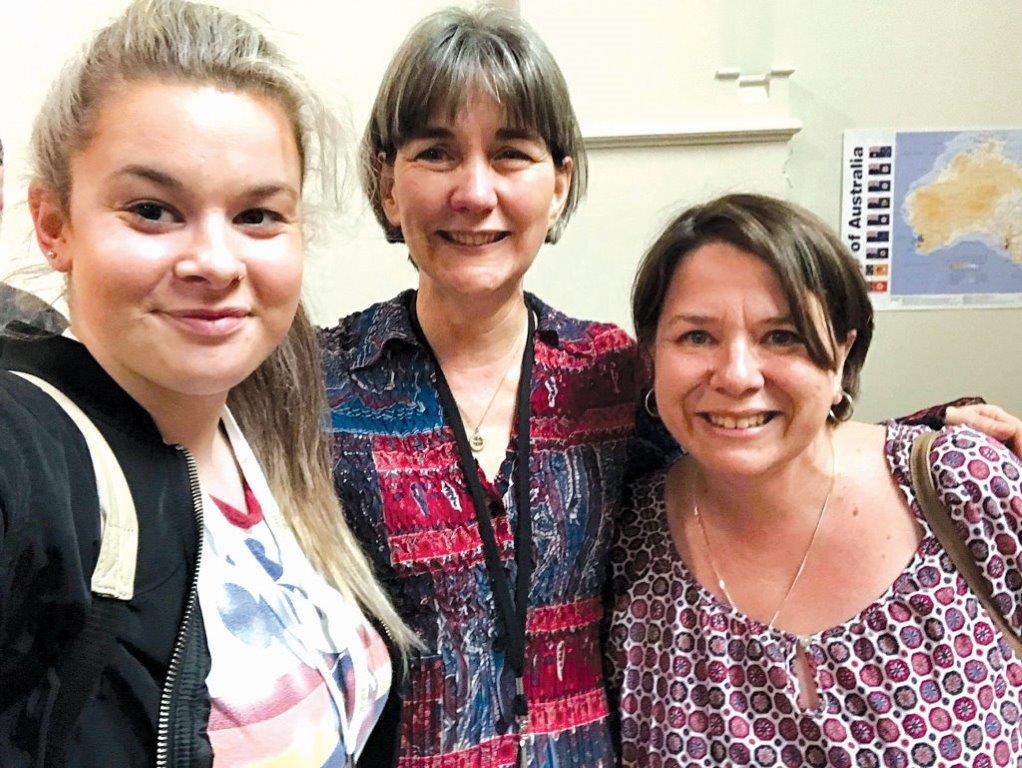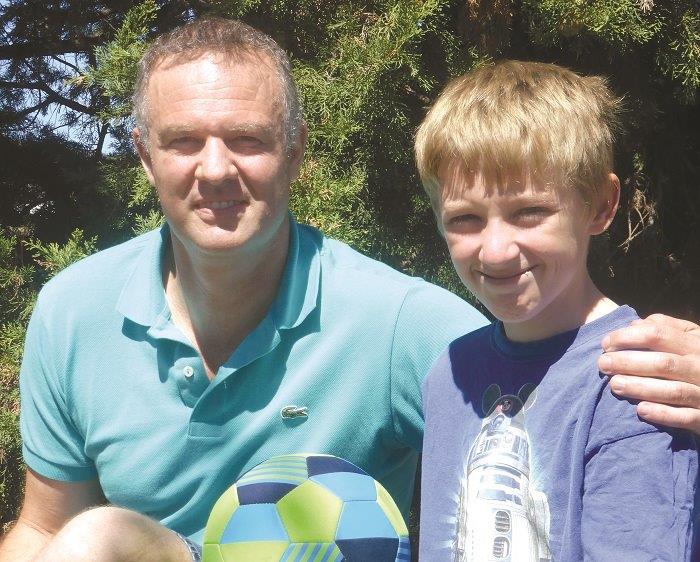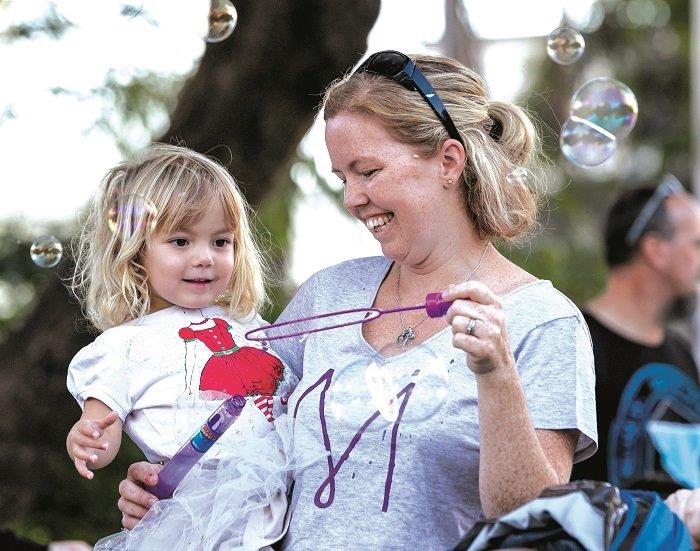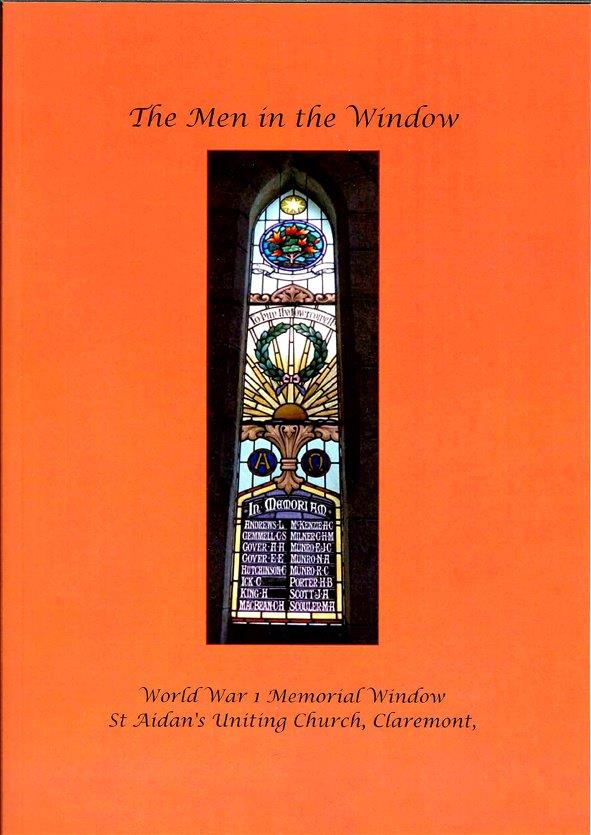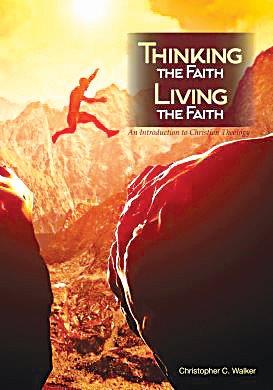With the full support of Rockingham Uniting Church, my home congregation, I flew to Melbourne to attend the Australasian Messy Church Gathering, in February. Having only a small idea as to what Messy Church was about, along with fellow youth leader, Kelly Crothers, I was keen to find out more with the hope of bringing this concept back to our church.
The gathering was held in the Centre for Theology and Ministry in Parkville, a magnificent heritage building that was itself inspiring. In attendance were people from all over Australia, New Zealand, UK and Malaysia. We were very blessed to have Canon Lucy Moore, the founder of Messy Church from The Church of England, as the special guest and keynote speaker. Lucy’s enthusiasm was infectious.
The other keynote speakers were Rev Greg Ross, a Uniting Church WA Minister who has a long established Messy Church in Bunbury; the talented Rev Brenton Prigge a former Uniting Church WA Minister who played guitar and sang hymns that he had written; and Rev Debbie Smith from New Zealand who spoke to us about maximising the potential of your Messy Team. At this point, I realised how important having help and working as a team will be.
We learnt the values of Messy Church and that it is not just for children. It is a Christ centred church in its own right for all ages, gathering together to enjoy creativity, celebration and hospitality. Sharing a meal isan important part, as Lucy said, “You can’t share the abundance of Godwith a biscuit.”
